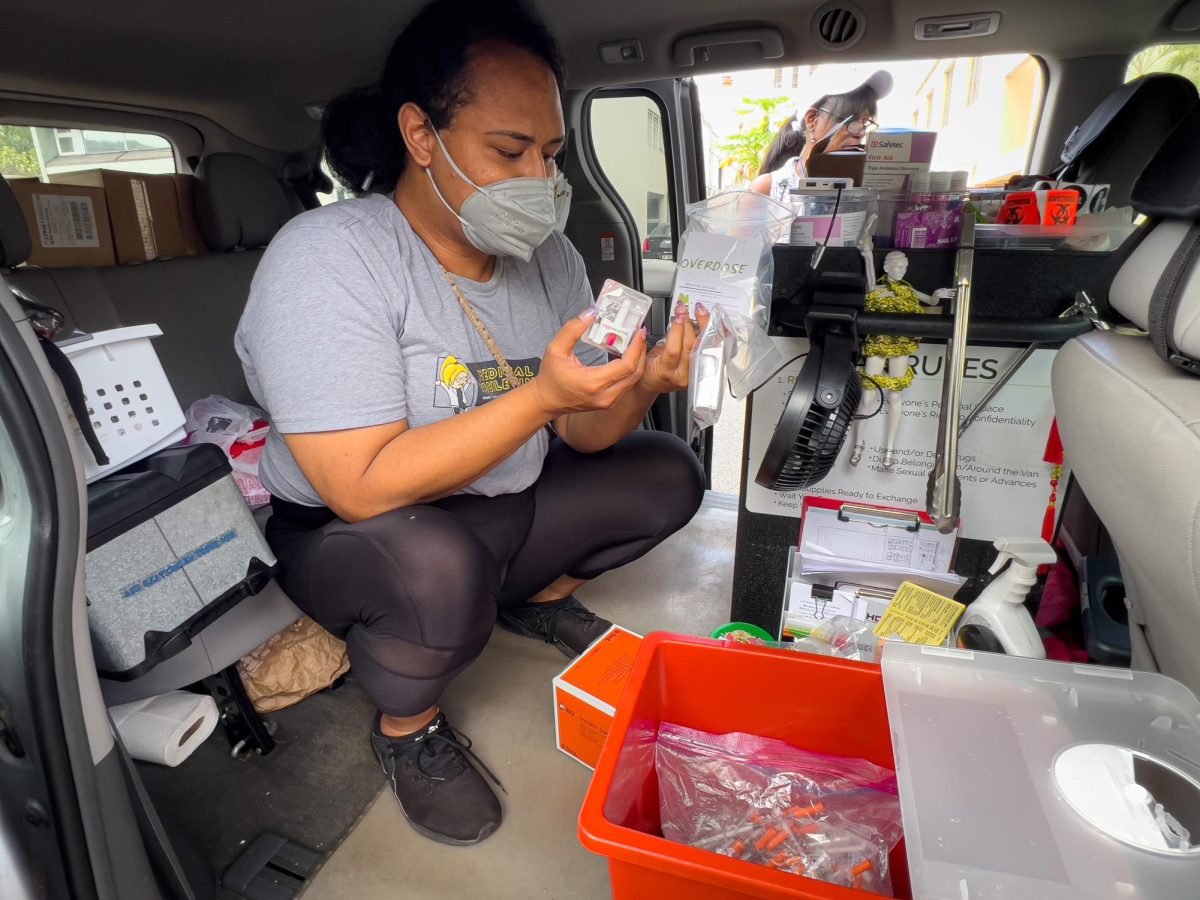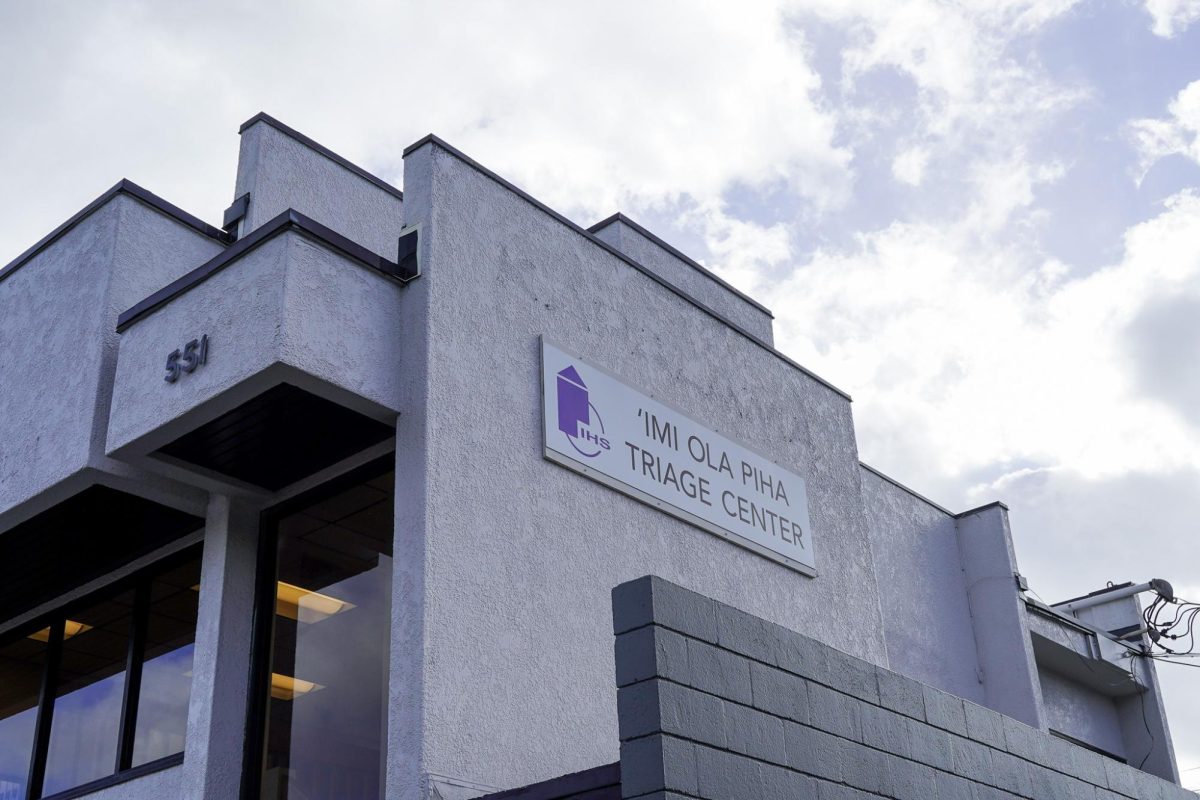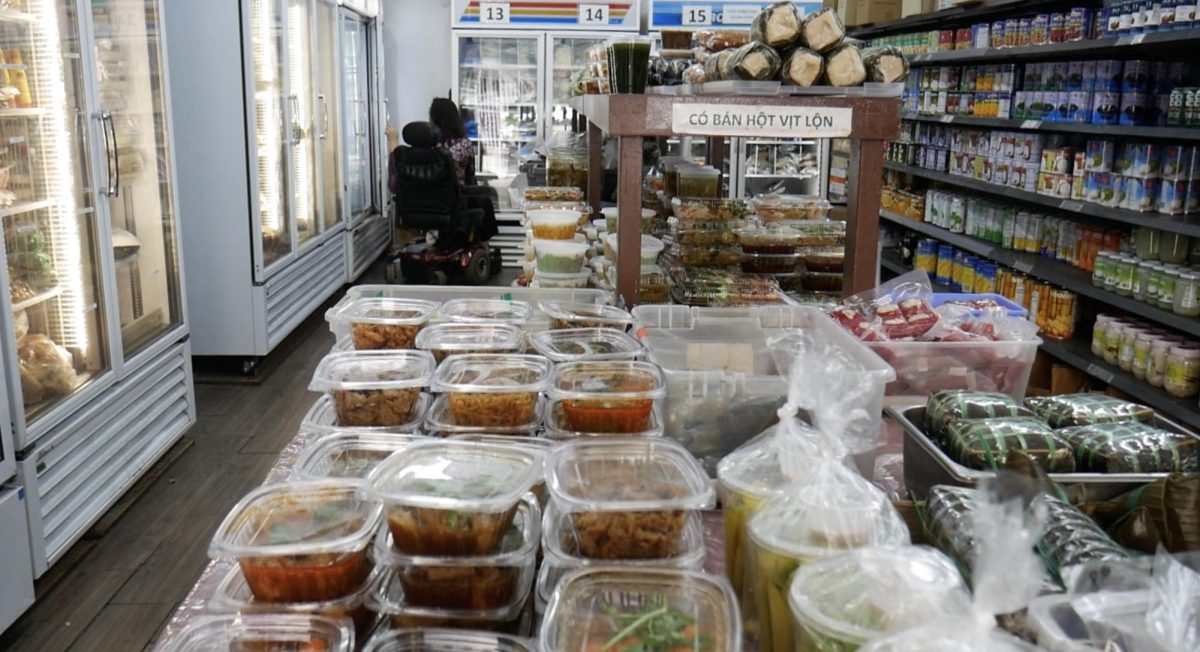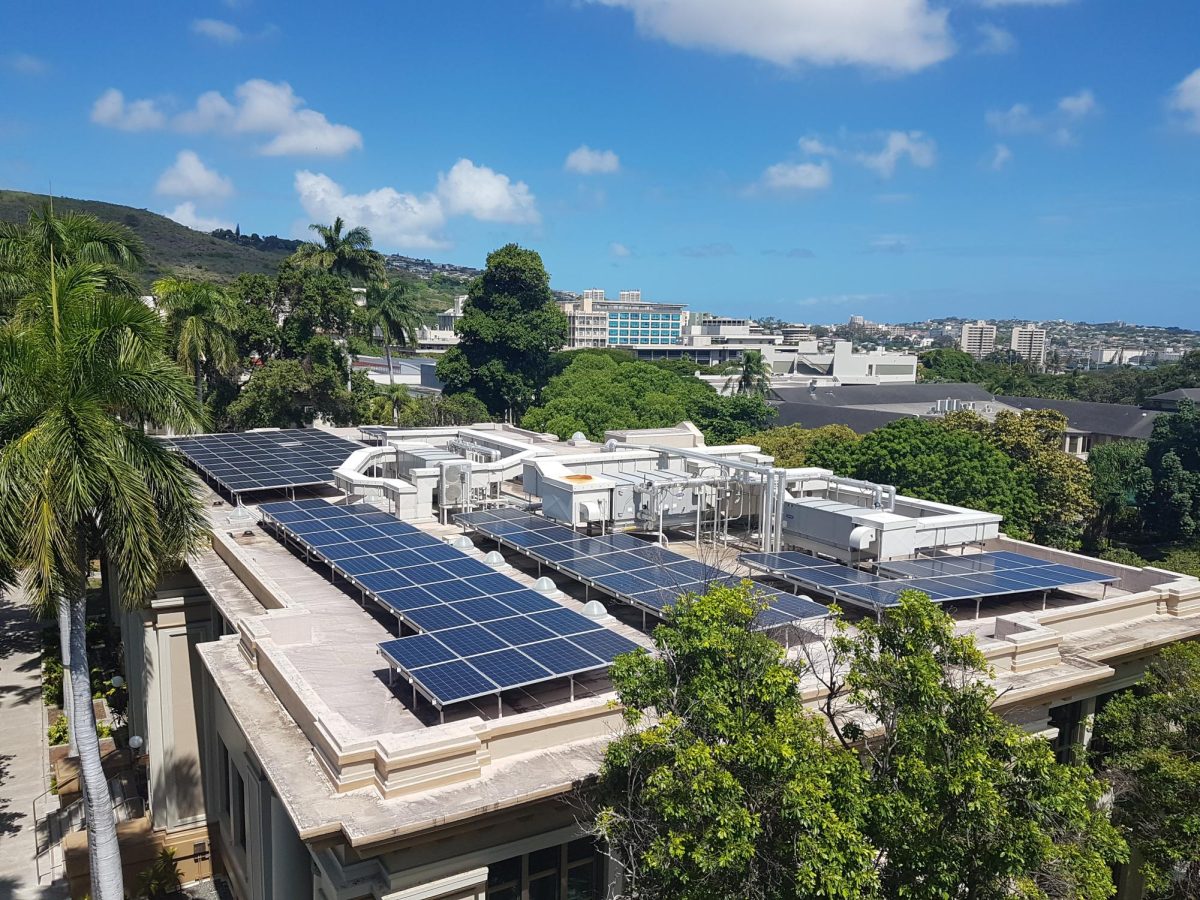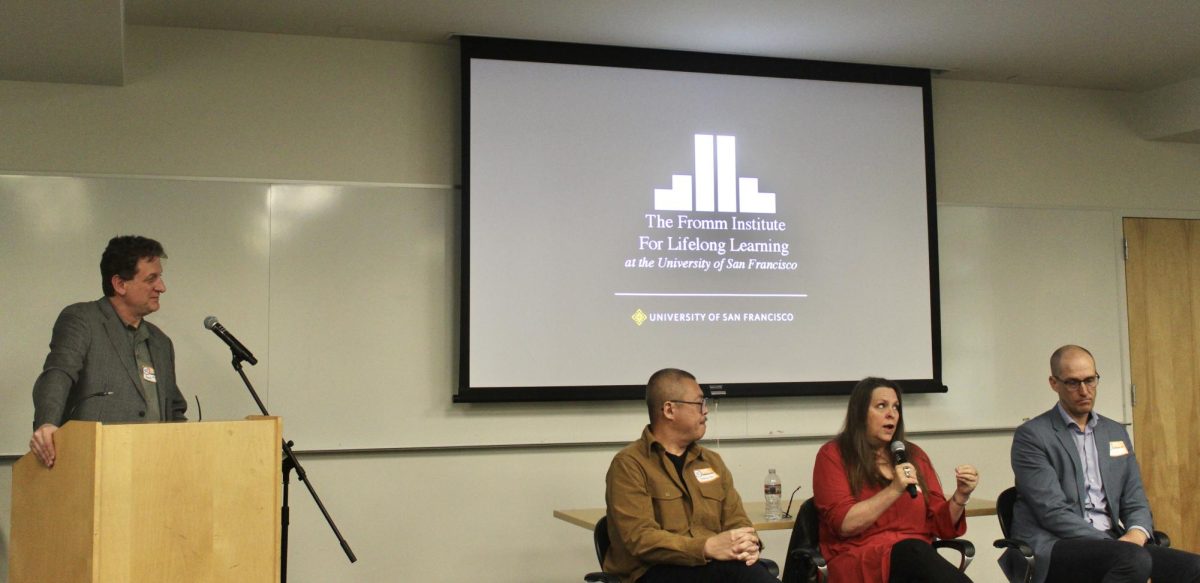Approximately two in five of Hawai’i residents who are eligible for food stamps are not enrolled in the Supplemental Nutrition Assistance Program (SNAP).
That’s because people who need assistance have difficulty trying to either enroll in person or over the phone, according to Nathan Hicks, vice chair at the Hawaiʻi Public Health Institute.
Hicks supports Senate Bill 960, which would address understaffing in the division that administers SNAP in the Department of Human Services (DHS).
DHS official Scott Morishige said that the bill would seek additional funding to sustain the staff that the department has and would incentivize staffers to remain in their current positions.
According to Morishige, there is a 25% vacancy rate for workers who process the benefits, as well as a 50% vacancy rate for clerical staff, which is the entry-level office assistant position. These high vacancy rates are what’s causing enrollment difficulties for applicants.
During a March 13 hearing, Rep Sue L. Keohokapu-Lee Loy (D-Hilo) asked what factors were impeding hires. Ginet Hayes, a SNAP administrator, said salary levels remain a challenge.
Hayes said there may be more efficient ways for citizens to apply to all benefit agencies and lessen the work of current department employees.
A concern that the Senate may have is how increased pay would be distributed fairly. Rep. Lisa Marten (D- Waimānalo, Keolu Hills, Lanakai, Kailua) asked if the pay differential would be evenly distributed across the board regardless of when the employees were hired.
Marten said that, in the past, the state did pay differentials for the Child Welfare Service department, specifically for recruitment. Existing employees were angry that new hires were receiving more pay than those who had been working for the department longer.
Morishige said that the funds would help give incentives to current employees and hopefully with retention, because once people are hired, they don’t stay for long. The department had originally requested an estimated $1.1 million dollars per year for pay increases to retain workers, but it was not included in the governor’s budget for performance incentives. The numbers of what the department is requesting for pay incentives and filling vacancies are unknown.
For the time being, DHS is working on efficiencies in the call center to reduce call wait times for SNAP applicants. This will help them look at the number of workers that the department would need to fill vacancies, as well as how much money the department will need to pay current and new employees.
In a public hearing, Hicks mentioned that people are struggling to access SNAP benefits.
“Providing funds would be hugely helpful and make sure that we can make sure people can access the federal SNAP benefits,” said Hicks.





